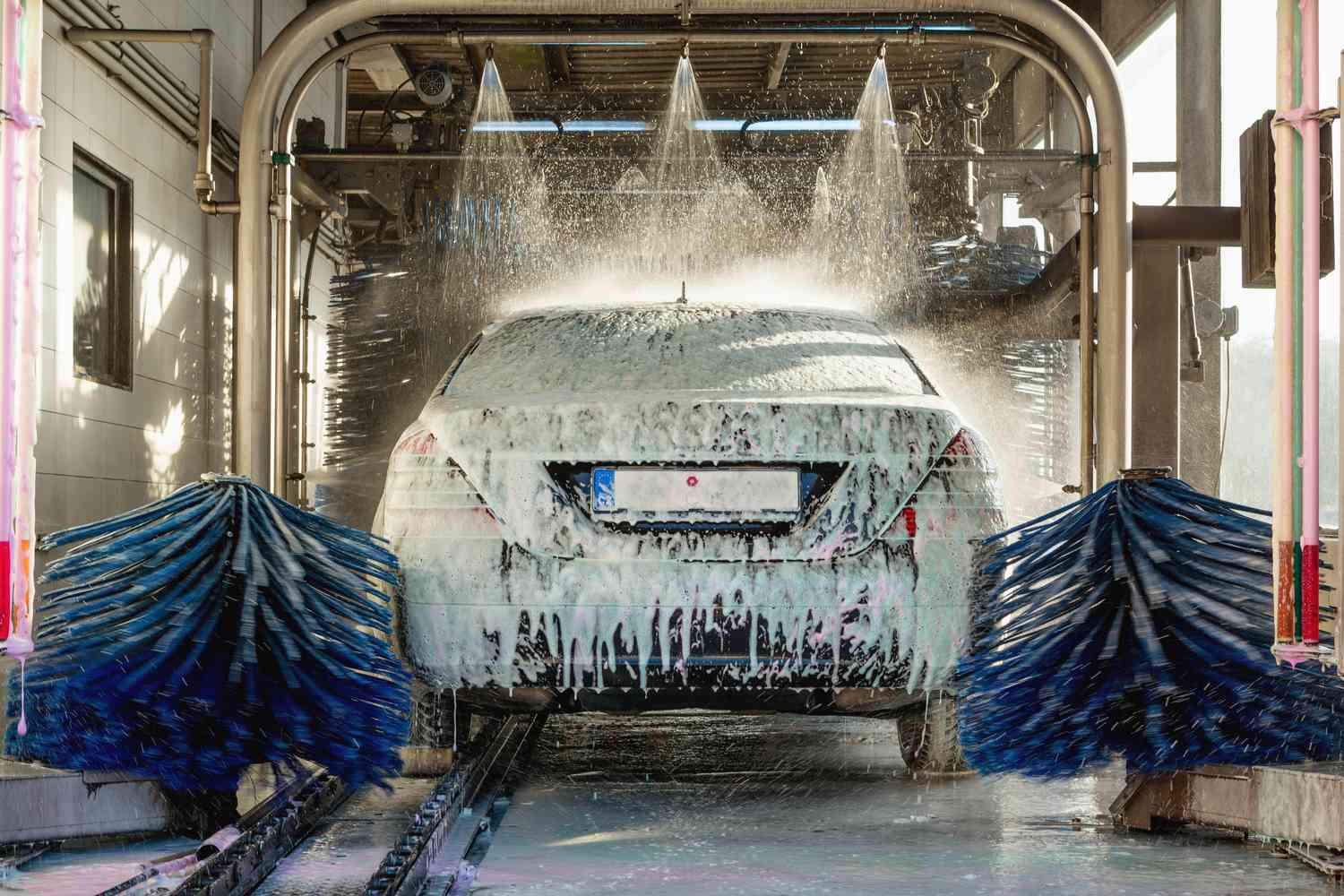The Benefits of Regular Septic Service for Car Washes
You also produce wastewater as you use water to clean cars at your car wash. This non-potable water is dangerous if it’s not disposed of properly.
It can contaminate local ponds, lakes, and rivers. This is why it’s important to route wastewater from your car wash to a proper treatment facility or leech/septic field.
Prevents Clogs
One of the major benefits of regular septic service for car washes is that it helps prevent clogs. This is because septic systems have an inlet baffle and an outlet baffle.
The inlet baffle lets the wastewater enter the septic tank smoothly, and the outlet baffle prevents solids from traveling down the line to the leach field, where they can cause a clog. When these baffles fail, you can experience a slow drain or clogged toilet, which are signs that it’s time to call a professional.
In addition to the inlet and outlet baffles, a septic system also has a main sewer line. This pipe is usually made from clay piping, which can be susceptible to clogs and other problems. The water that comes out of this line is often called wastewater, and it goes through a treatment process before being sent back to the local waterways.
Prevents Sewage Backups
Your car wash produces a mix of wastewater and sludge after cleaning vehicles. The liquid waste goes into your septic system and gets treated at a treatment facility while the sludge builds up in the tank.
Connecting your car wash to a sanitary sewer instead of a storm sewer allows wastewater to be properly disposed of in a way that benefits the local environment and helps sewage treatment facilities comply with legal standards for safe water. Incorrectly connecting your sewage system to the storm sewer can result in environmental run-off and other water quality issues that harm local waterways and wildlife.
Maintaining your septic system is a long-term commitment, and regular maintenance is the best way to avoid problems. If you experience frequent backups, clogs, or leaking effluent around your drains, it’s time for an inspection and pumping.
Prevents Sludge Buildup
Sludge buildup can cause various problems, including clogged drains, sewage backups, and even contaminated groundwater. Getting your septic system pumped regularly is important to prevent this problem from occurring.
A septic tank separates sludge and scum from clear wastewater, which is then sent to a dispersal field or sewage treatment facility. When this process doesn’t work properly, solid waste builds up and clogs the drains and pipes in your home or business.
To keep your septic tank in good condition, have it pumped every three to five years. You can also use enzyme treatments to replenish the bacteria in your septic tank.
It’s also a good idea to keep your septic system in tip-top shape by not flushing non-septic-safe items down the toilet and using garbage disposal instead of the septic drain. This way, you can help reduce the amount of sludge and scum in your septic system.
Prevents Water Damage
If wastewater from your car wash is not properly treated, it can contaminate local water supplies. This can be dangerous for the public and damaging to the environment.
This can result in the contamination of local ponds, lakes, and rivers. It can also lead to pollution of the groundwater.
When the septic tank is overfilled with waste, it can flood the drain field. This can then flood the yard, causing damage to soil and groundwater.
To prevent this, map out the septic system and its components, or use permanent stakes to mark them. This will help you locate and access the septic system during home maintenance or yard work.
The septic system is designed to handle human waste, toilet paper, and wastewater from plumbing fixtures such as sinks and bathtubs. If anything other than this is flushed, it can cause serious clogging issues.

